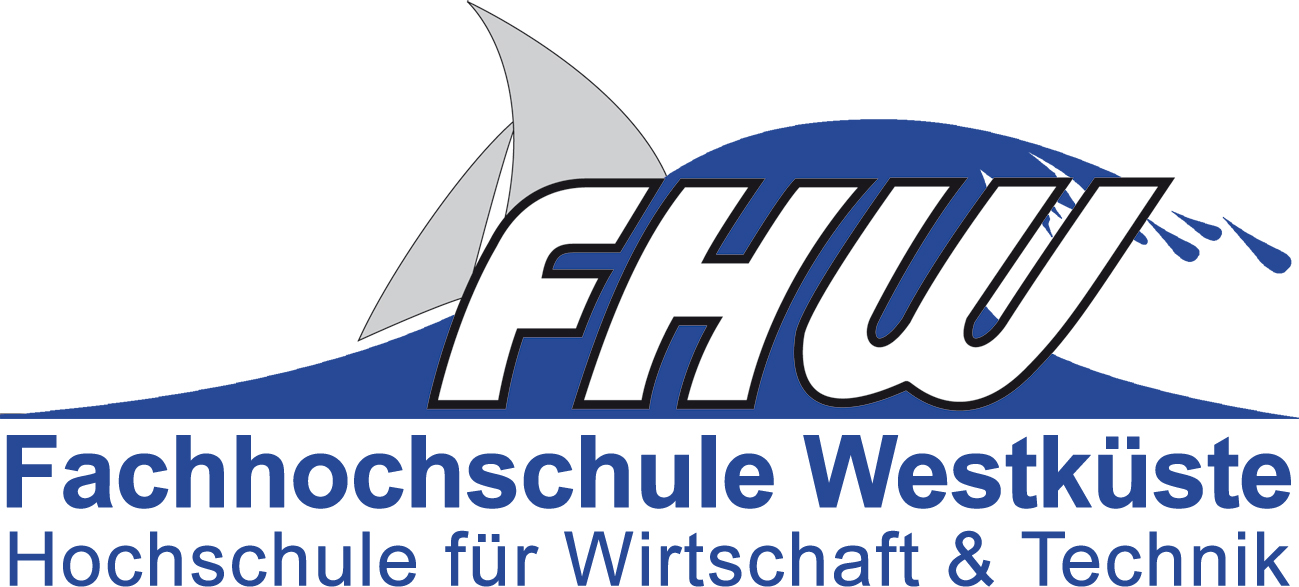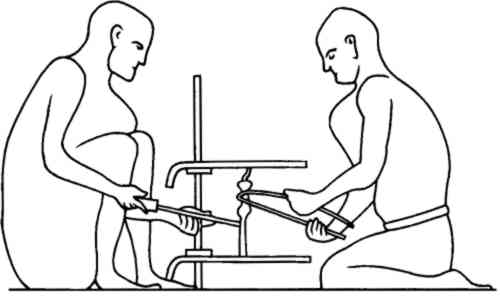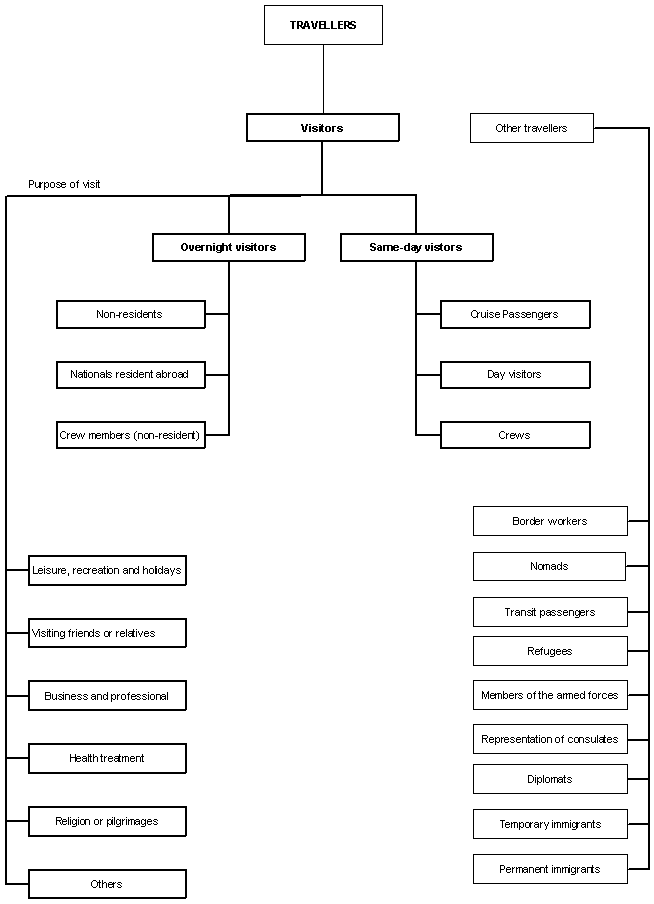|
INTRODUCTION: TOURISM STUDIES
AND TOURISM
Tourism
studies
Compared to other scientific disciplines,
tourism studies are a relatively new field.
The beginnings of a scientific treatment
of tourism are connected to monetary and statistical approaches
and a Central European view.
The oldest major texts from Germany:
Guyer-Feuler: Beiträge
zu einer Statistik des Fremdenverkehrs,
(1895),
Stradner: Der Fremdenverkehr
(1905) and
Schullern
zu Schrattenhofen: Fremdenverkehr und Volkswirtschaft (1911)
all concentrated on economic aspects
as did the early Italian text of
Bodio: Sul movimento dei
forestieri (= strangers) in Italia e sul denaro che vi spendono
(1899)
and the first major French text of
Picard:
L’Industrie du Voyageur
(1911).
At the end of the 1920s the economist
Robert Glücksmann started in Berlin his Archiv
für Fremdenverkehr as
a periodical publication of his private tourism research institute.
Accordingly in the 1920s at several universities in Austria and
Switzerland, ‘the first European chairs and research programmes
were an outgrowth of departments of economics and, to a lesser extent,
the field of economic geography’ (Hall 2005: 7).
While the war stopped tourism and
the development of tourism science in many countries and Glücksmann’s
‘Jewish’ institute had to close in Nazi Germany, in Switzerland
the development continued.
In 1941 in Professor Krapf in Berne started
the Forschungsinstitut für
Fremdenverkehr, while in
St Gallen Professor Hunziker became the first director of the newly-founded Seminar
für Fremdenverkehr.
After the Second World War tourism research was – and still is today – dominated by
an Anglo-Saxon point of view from researchers working out of North
America, Great Britain or Australia and New Zealand. The impact
from other areas is minimal, especially if the publications are
not in English.
For the 21st century, many Asian
scholars claim that the "third wave" of tourism science
has now, after Europe and North America, moved to Asia.
Disciplines engaged in tourism sciences
are no longer restricted to economics and geography but have in step with the growth of tourism multiplied,
even though the quality and depth of tourism research is sharply
criticized within the field.
Cooper (2003) finds four problems
of tourism sciences still existing today:
- conceptual weakness and fuzziness,
- a spread of topics and a lack of focus,
- a predominance
of one-off atheoretical case studies, and
- difficulties with
access to quality large-scale data sources.
- Which scientific disciplines are nowadays connected to tourism?
Economics (Example: Economic contribution,
costs and benefits)
Law (legal framework)
Marketing
(marketing channels, consumer behaviour)
Management
(Operations, service, Human Resource Management)
Finance&Accounting
(Feasibility, real estate)
Hospitality
(accomodation, convention, gastronomy, casinos)
Architecture&Design
(landscape architecture, heritage)
Transport/Mobility
studies (infrastructure)
Leisure
studies (activities, policies, relation to tourism)
Ecology
(impact on nature, national parks)
Geography
(spatial patterns, movement of people)
Urban®ional
planning (tourism development studies)
Political
analysis (decision-making, participation)
Sociology
(tourism&contemporary society, segmentation)
Cultural
studies (transnationalism)
Anthropology
(host and guest, social impact)
Psychology
(travel motivation, tourist behaviour) etc.
|





